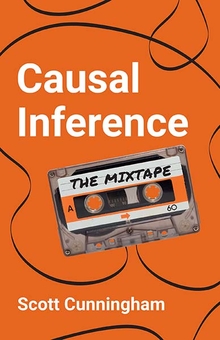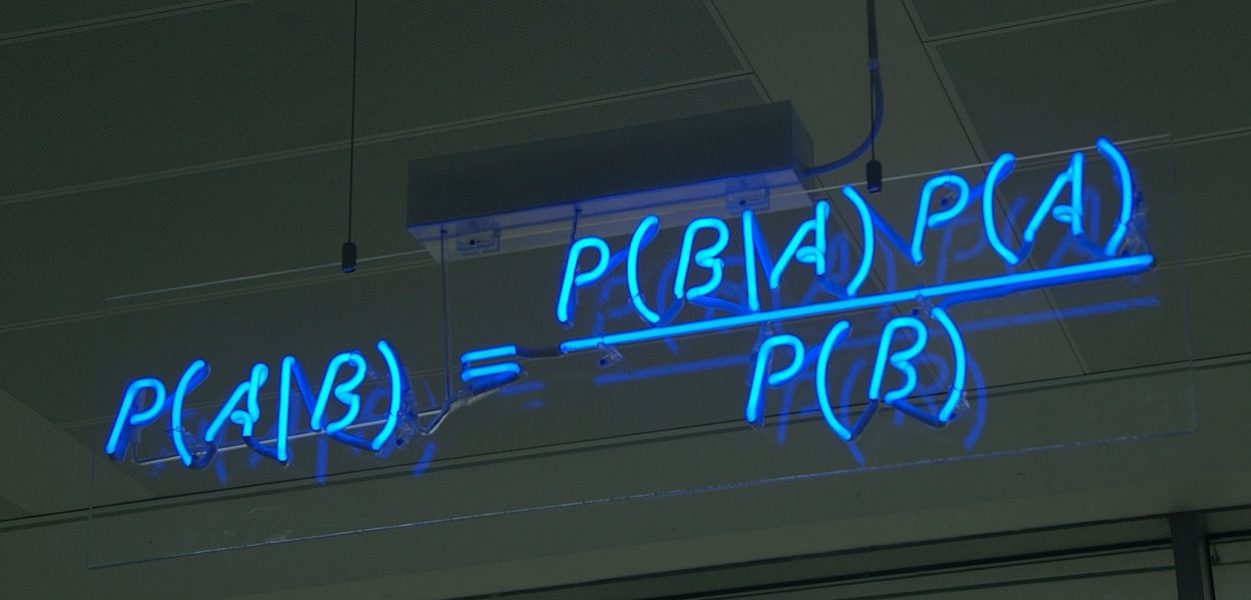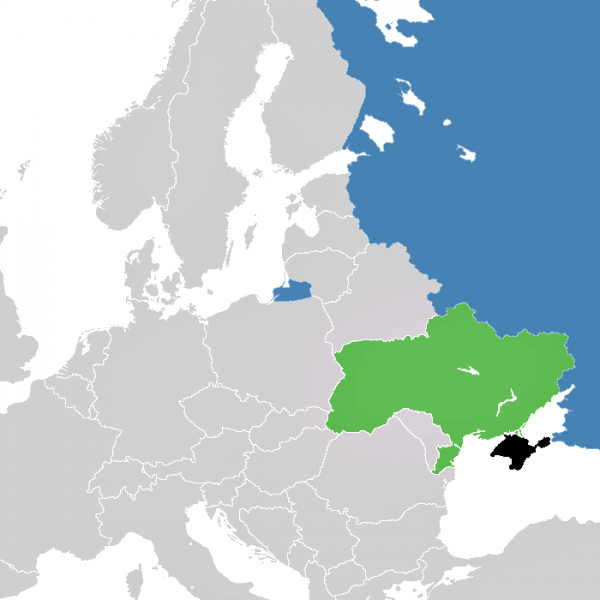Causal Inference
Scott Cunningham—
Certain presentations of causal inference methodologies have sometimes been described as atheoretical, but in my opinion, while some practitioners seem comfortable flying blind, the actual methods employed in causal designs are always deeply dependent on theory and local institutional knowledge. It is my firm belief that without prior knowledge, estimated causal effects are rarely, if ever, believable. Prior knowledge is required in order to justify any claim of a causal finding. And economic theory also highlights why causal inference is necessarily a thorny task. Let me explain.
There’s broadly thought to be two types of data. There’s experimental data and non-experimental data. The latter is also sometimes called observational data. Experimental data is collected in something akin to a laboratory environment. In a traditional experiment, the researcher participates actively in the process being recorded. It’s more difficult to obtain data like this in the social sciences due to feasibility, financial cost, or moral objections, although it is more common now than was once the case. Examples include the Oregon Medicaid Experiment, the RAND health insurance experiment, the field experiment movement inspired by Esther Duflo, Michael Kremer, Abhijit Banerjee, and John List, and many others.
Observational data is usually collected through surveys in a retrospective manner, or as the by-product of some other business activity (“big data”). In many observational studies, you collect data about what happened previously, as opposed to collecting data as it happens, though with the increased use of web scraping, it may be possible to get observational data closer to the exact moment in which some action occurred. But regardless of the timing, the researcher is a passive actor in the processes creating the data itself. She observes actions and results but is not in a position to interfere with the environment in which the units under consideration exist. This is the most common form of data that many of us will ever work with.
Economic theory tells us we should be suspicious of correlations found in observational data. In observational data, correlations are almost certainly not reflecting a causal relationship because the variables were endogenously chosen by people who were making decisions they thought were best. In pursuing some goal while facing constraints, they chose certain things that created a spurious correlation with other things. And we see this problem reflected in the potential outcomes model itself: a correlation, in order to be a measure of a causal effect, must be based on a choice that was made independent of the potential outcomes under consideration. Yet if the person is making some choice based on what she thinks is best, then it necessarily is based on potential outcomes, and the correlation does not remotely satisfy the conditions we need in order to say it is causal. To put it as bluntly as I can, economic theory says choices are endogenous, and therefore since they are, the correlations between those choices and outcomes in the aggregate will rarely, if ever, represent a causal effect.
Now we are veering into the realm of epistemology. Identifying causal effects involves assumptions, but it also requires a particular kind of belief about the work of scientists. Credible and valuable research requires that we believe that it is more important to do our work correctly than to try and achieve a certain outcome (e.g., confirmation bias, statistical significance, asterisks). The foundations of scientific knowledge are scientific methodologies. True scientists do not collect evidence in order to prove what they want to be true or what others want to believe. That is a form of deception and manipulation called propaganda, and propaganda is not science. Rather, scientific methodologies are devices for forming a particular kind of belief. Scientific methodologies allow us to accept unexpected, and sometimes undesirable, answers. They are process oriented, not outcome oriented. And without these values, causal methodologies are also not believable.
From Causal Inference by Scott Cunningham. Published by Yale University Press in 2021. Reproduced with permission.
Scott Cunningham is professor of economics at Baylor University. He is also coeditor of The Oxford Handbook of the Economics of Prostitution.
Visit the free online version of this textbook.
Further Reading:



























